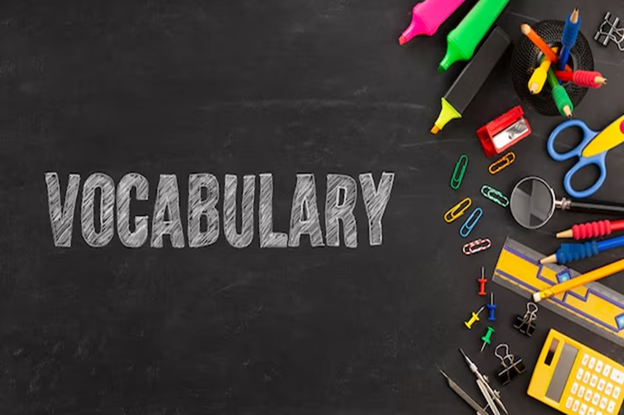Category: Architecture
Data architecture is the backbone of any data-driven organization.It as the blueprint that defines how data is collected, stored, transformed, integrated, and used within a system or across an entire enterprise. It’s about creating a cohesive and efficient data landscape that supports business goals and provides valuable insights.

The Impact of Data Tagging on SEO Performance
Abstract: In the rapidly evolving landscape of Search Engine Optimization (SEO), structured data markup, or data tagging, has emerged as a critical factor influencing website visibility and performance. This paper…

A Unified Framework for Cross-Linguistic Syntactic Analysis
Introduction Universal Dependencies (UD) represents a significant endeavor in the field of computational linguistics, aiming to create a standardized framework for representing syntactic dependencies across diverse languages. This paper explores…

Grammatical Frameworks: Understanding and Describing Language
Introduction: Grammatical frameworks are the theoretical and methodological lenses through which linguists and other scholars analyze and describe the structure of language. These frameworks, which range from traditional prescriptive grammars…
The Importance of Metadata in Building Knowledge
Introduction Metadata – referred to as the data that describes other data – is the information we create, store, and share to describe things. It allows us to interact with…

Language Structure: A Cognitive Framework for Syntax and Semantics
Abstract: Understanding how humans produce and comprehend language necessitates a cognitive framework that integrates syntax and semantics. This paper proposes such a framework, drawing on insights from cognitive psychology, linguistics, and…

Organic Search Performance: A Guide to Increase Website Visibility
In today’s digital landscape, organic search remains a critical driver of website traffic and, ultimately, business success. While paid advertising can offer immediate results, organic search provides a sustainable and…

responsive-design
Abstract: The digital publishing landscape has undergone a seismic shift with the proliferation of smartphones, tablets, and other connected devices. This diversification has rendered static, print-centric magazine formats obsolete. The…

Terminology Databases: A Cornerstone of Global Communication
Abstract: In an increasingly interconnected world, effective communication across linguistic and cultural barriers is paramount. a deeper understanding of terminology, the body of specialized terms used in specific fields, is crucial…

Language Translation
Language Translation Language translation is the process of converting text or speech from one language to another while preserving its meaning, context, and intent. It enables communication across different languages…

Linked Data vs. Data Lineage: Navigating Data Landscape
Okay, here’s an article exploring the differences between Linked Data and Data Lineage, aimed at a readership interested in data management and its related concepts: In the ever-expanding universe of…
Follow Us
Recent Posts
Tags
Artificial Intelligence Attention Audio Data Annotation Clustering Cognitive Cognitive Orchestra Cognitive Processes Communication Content Tagging Data Tagging Digital Marketing Framework Gestural Language Grammatical Conventions Interpretation Language Framework Language Processing Memory Multi-Modal Data NLP Product Labelling Reasoning SEO Performance Structure Supervised Learning Symphony of Thought Syntactic Analysis Syntactic Dependencies Syntax understanding













